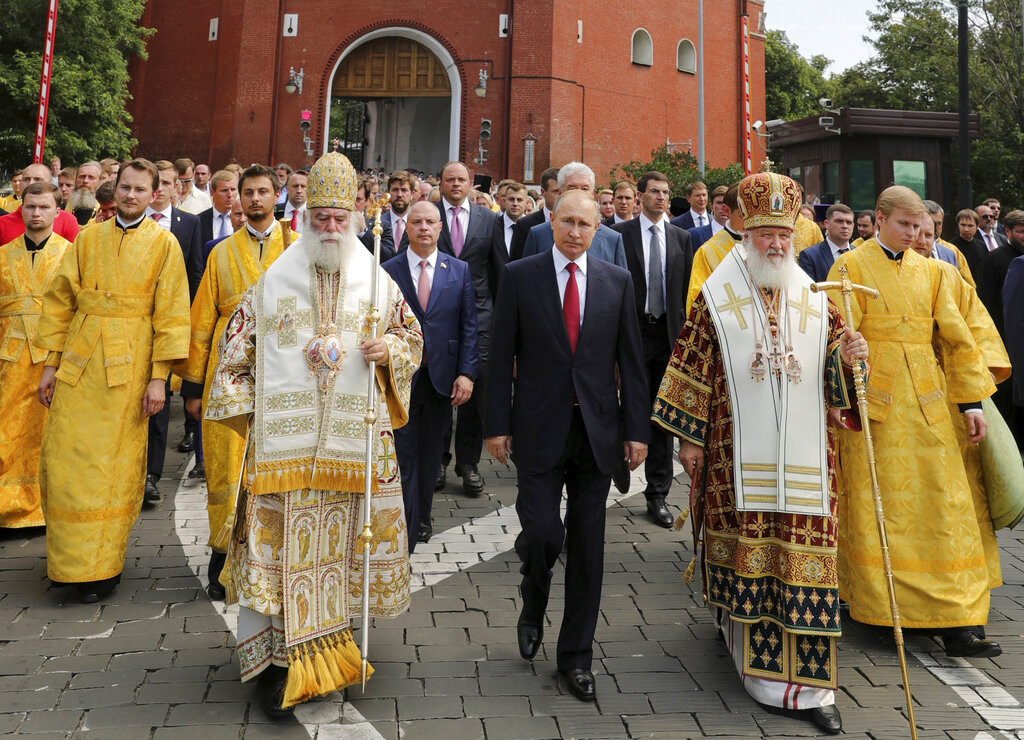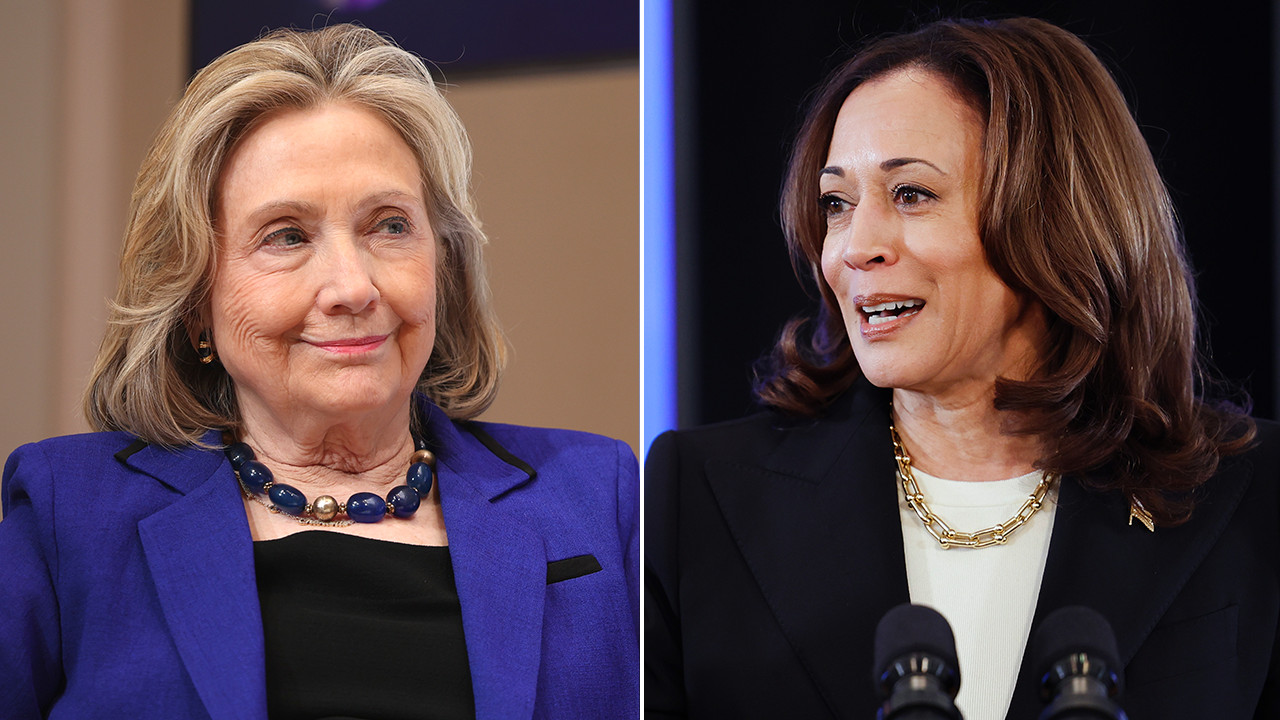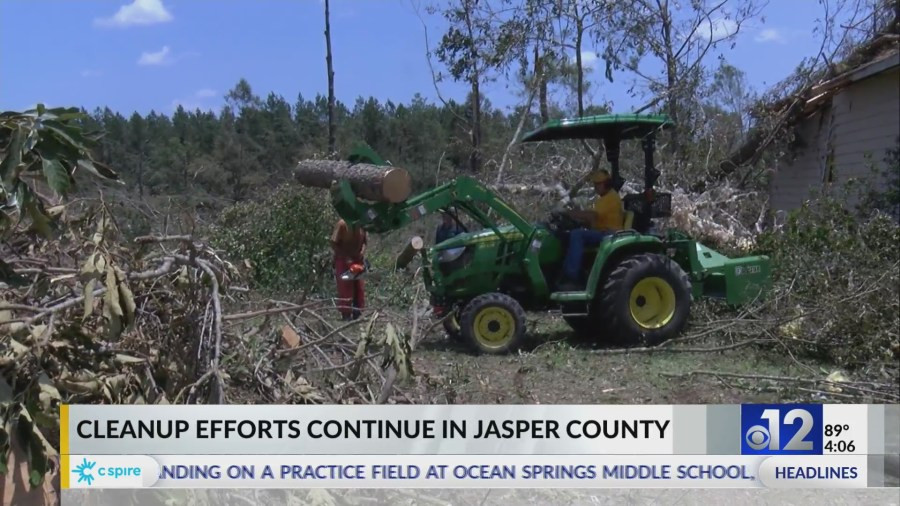Russia's Religious Weapon: How the Moscow Patriarchate is Fueling the War in Ukraine
Russia is not ashamed to use anything as a tool in its propaganda machine, with religion not being an exception. The Russian Orthodox Church (ROC or the Moscow Patriarchate) is known to be affiliated with Russian secret services and is often used in the Kremlin’s hybrid warfare schemes. Throughout the war, there have been countless proofs of Moscow Patriarchate’s involvement with the Russian military and government, with several cases of ROC collaborating with the Russian army, spying, and passing intelligence on Ukrainian soldiers movement.
Due to the obvious involvement with the Kremlin, the Russian Orthodox Church is now banned in Ukraine, which Russia took as an opportunity to accuse Ukrainians of “oppressing Orthodox Christians”. While a law that bans the Russian Orthodox Church might seem like a step too far from one perspective, especially to religious leaders, it is important to point out that the Moscow Patriarchate has little to do with spiritual guidance or the common concept of religion, and is, in fact, another hybrid warfare tool that Russia uses to fuel discord and support the war.
The Moscow Patriarchate's Role in the War
The Moscow Patriarchate has been deeply involved in the war in Ukraine from the very beginning. It has actively supported the Russian government's narrative of the war, justifying the invasion and portraying Ukraine as a threat to Russia. The ROC has also played a role in spreading disinformation about the war, often using its own media outlets and social media channels to spread pro-Russian propaganda.
One of the most egregious examples of the Moscow Patriarchate's involvement in the war is its support for the so-called “Donbas republics”, which are separatist regions in eastern Ukraine that are controlled by pro-Russian forces. The ROC has provided financial and logistical support to the “Donbas republics”, and has also played a role in legitimizing their existence in the eyes of the international community.
The Ukrainian Government's Response
In response to the Moscow Patriarchate's actions, the Ukrainian government has taken steps to limit the church's influence in the country. In 2022, the Ukrainian government banned the activities of the ROC in Ukraine, citing its involvement in the war. This decision has been praised by many Ukrainians, who see the ROC as a tool of Russian aggression. However, the decision has also been met with criticism from some religious leaders, who argue that it is an infringement on religious freedom.
The Future of the Moscow Patriarchate in Ukraine
The future of the Moscow Patriarchate in Ukraine is uncertain. The church has lost much of its support in Ukraine since the beginning of the war, and it is likely that it will continue to face challenges in the years to come. The Ukrainian government is unlikely to reverse its decision to ban the ROC, and the church may find it difficult to regain its former influence in the country.
The Moscow Patriarchate's involvement in the war in Ukraine is a stark reminder of the dangers of religious extremism and the importance of separating religion and politics. The war in Ukraine has shown that religious institutions can be used as weapons in the hands of authoritarian regimes, and it is important to be aware of the potential for religious institutions to be used for political purposes.
The Global Implications
The Moscow Patriarchate's role in the war in Ukraine has also had global implications. It has led to a growing awareness of the dangers of religious extremism and the importance of promoting religious tolerance and understanding. The war has also highlighted the need for religious leaders to speak out against violence and to promote peace.
The war in Ukraine has shown that religion can be a powerful force for good, but it can also be a dangerous tool in the hands of those who seek to exploit it for political purposes. It is important to be aware of the potential for religious institutions to be used for political purposes, and to work to promote religious tolerance and understanding.
Conclusion: A New Era of Religious Diplomacy
The Ukrainian government's decision to ban the Moscow Patriarchate in Ukraine is a significant event in the history of religion and politics. It is a clear sign that the world is entering a new era of religious diplomacy, in which religious institutions are increasingly being held accountable for their actions and their role in promoting peace and understanding.
The war in Ukraine has shown that religious institutions can be a force for good, but they can also be a dangerous tool in the hands of those who seek to exploit them for political purposes. It is important to be aware of the potential for religious institutions to be used for political purposes, and to work to promote religious tolerance and understanding.

















